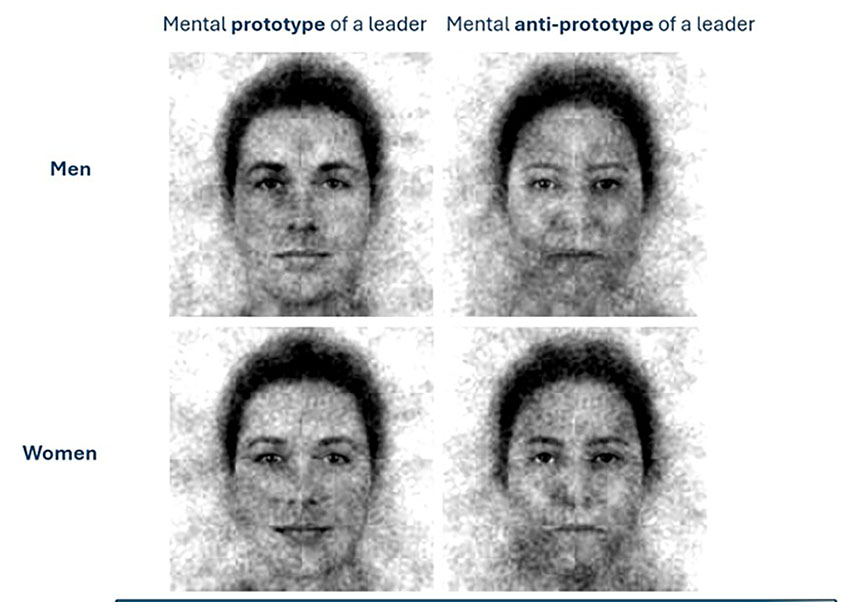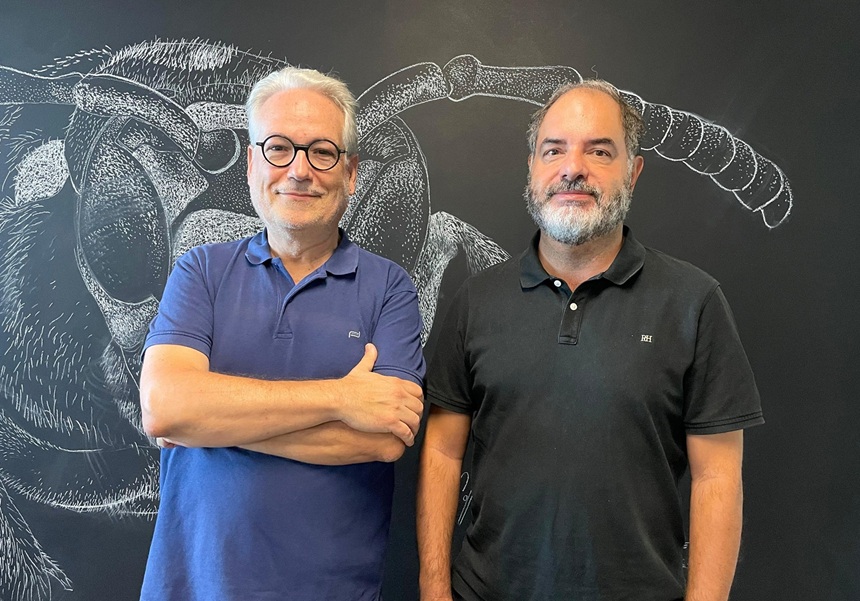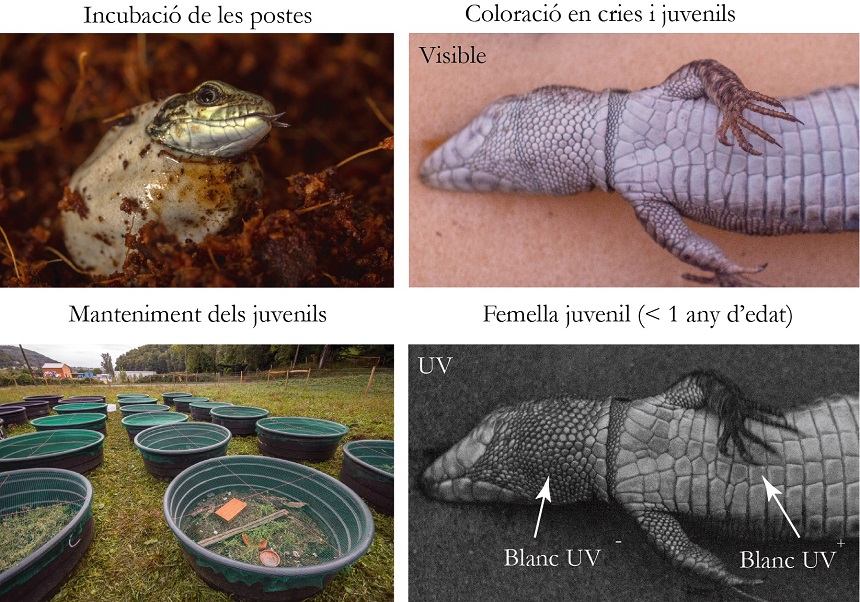Study reveals unconscious biases favouring men in the selection of leaders
- Marketing and Communication Service
- Olga Denia Moreno
- October 1st, 2025

A research team from the University of Valencia (UV), the Polytechnic University of Valencia (UPV) and the Spanish National Research Council (CSIC) has demonstrated, using cognitive neuroscience techniques, that unconscious perceptions of leadership remain associated with male traits, despite more egalitarian conscious evaluations. The study, published in the journal Complexity, concludes that this perception generates gender inequalities in access to leadership positions and proposes measures to improve fairness in selection processes.
Although equality policies are increasingly present in organisations, unconscious biases continue to influence the selection and promotion of leaders. This is demonstrated by a study conducted by the INGENIO Institute (CSIC–UPV), the Ergonautas group of the HumanTech Institute (UPV) and the Department of Sociology and Social Anthropology at the University of Valencia.
The work employs the Noise-Based Reverse Correlation (NBRC) technique, common in psychological and marketing studies, which makes it possible to visualise unconscious ideas of what an “ideal leader” should be like. The research detected a discrepancy between what people believe they value and what actually influences their decisions, particularly among men, who displayed an unconscious preference for male candidates.
“In previous studies, when attempting to confirm gender biases in recruitment for management positions, surveys and self-report methods have been used, which cannot reveal unconscious biases present in decision-making”, explains José Antonio Diego Más, director of the Ergonautas group (HumanTech, UPV). “In this project, we transformed the mental idea we hold of the ideal leader — the one we unconsciously apply when assessing candidates for a management position— into a real image”, the researcher adds.
Based on more than 10,000 responses gathered from professionals belonging to the Spanish Association of Project Engineering and Management (AEIPRO, IPMA), the team generated facial images reflecting these shared perceptions.
The results show that skills such as problem-solving ability or experience are unconsciously associated with male faces, whereas emotional or relational skills are mainly linked to female faces. This perpetuates traditional roles that are not detected in conscious evaluations. Thus, while participants consciously recognise key competences in female faces, the unconscious prototypes continue to lean towards male models of leadership, revealing a gap between what is rationally stated and what actually drives decisions.
“Certain abilities that are valuable for leadership and associated with women are underestimated because they do not fit the traditional mental stereotype of the ideal leader”, says Carmen Corona-Sobrino, from the Department of Sociology and Social Anthropology at the University of Valencia and co-author of the study. “These invisible biases, which operate without our awareness, perpetuate gender inequalities in access to leadership roles. Detecting them is therefore essential for designing fairer selection processes”, the researcher continues.
“The study provides a scientific basis for redesigning processes and fostering more inclusive organisational environments, where talent is not constrained by stereotypes”, adds Rocío Poveda Bautista, researcher at the INGENIO Institute (CSIC–UPV) and co-author of the paper. “The reality is that decision-making bodies in certain professions are still predominantly made up of men. Based on this premise, when conscious evaluations are requested for management posts, the mental prototypes revealed by the study and the proven influence of unconscious biases in decision-making clearly suggest that these inequalities persist in access to leadership positions. We therefore recommend redesigning procedures and improving equity in career progression”, concludes Rocío Poveda.
Among the recommendations put forward, the study proposes establishing clear criteria, applying blind evaluations, diversifying selection panels and ensuring gender balance, among other measures.
Reference:
Poveda Bautista, Rocío; Diego-Mas, José Antonio; González-Urango, Hannia Karime; Corona-Sobrino, C. (2025). Conscious and Unconscious Gender Bias in Competence Evaluations: Mental Representations of Project Managers. Complexity, 2025(1). https://doi.org/10.1155/cplx/7974362
Categories: Psicología , Sociología , Ciencias Tecnológicas
















